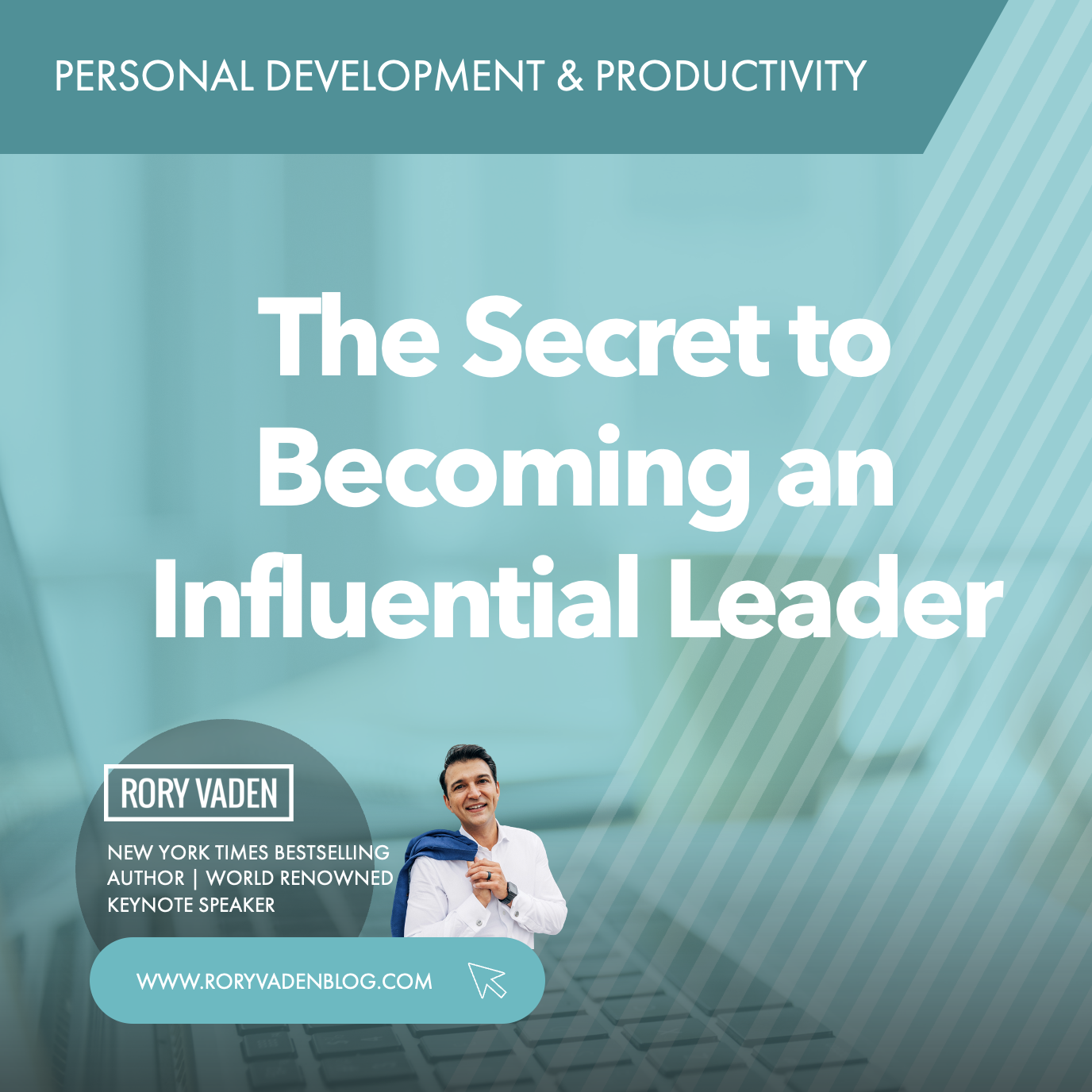What Great Leaders Actually Do
There are a lot of articles online about how to become a better leader, but what do great leaders actually do?
That’s exactly what I’m going to share with you in this blog post.
I'm going to give you the top three things great leaders do with their employees.
But before I do that, you need to understand the mindset behind every successful leader. Great leaders don’t focus on processes, they focus on people.
They understand that leadership is about inspiring, recruiting, managing, and motivating people.
You're leading PEOPLE. That’s why great leadership is more about understanding the people you work with than creating processes.
We do need processes, but when we talk about leadership, we're talking about activating human potential and drawing the best out of the people around you.
Make Them Feel Important
So the first thing all great leaders do is make people feel important.
Why?
If your job is to get the most out of people, you have to make them feel important. If they don't feel important, they're not going to put in the effort it takes to get the results you’re looking for.
So how do you make them feel important?
Recognize their work. Recognize both, the actual work they do and its significance in reaching your end goal.
The most important phrases that you will ever say as a leader are simple.
They're about people, not about strategy.
They're not about process, not about tactics.
Phrases like, “Hey, you really exceeded my expectations with this,” or “Hey, I can see that you put in a lot of work into this,” make people feel important.
Use those phrases if you really want to see your leadership make a difference in your team’s performance.
Another way you can make them feel important is by explaining how your team’s work fits into the bigger project.
Create context.
For example, if someone on the team’s job is stapling papers, show them how paper stapling will get the entire team closer to the end goal and how their job is a key factor in the team’s success.
If those papers don't get stapled, then somebody doesn't have the information they need in the meeting.
If they don't have the information in the meeting, they can't make the decisions. If they can't make the decisions, they make the wrong decisions. And if they make the wrong decisions the whole team fails.
Empower the Team
Number two on every successful leader’s to-do list is to make people feel empowered.
What’s the difference between feeling important and being empowered?
Feeling important is feeling good about what you do, but feeling empowered means that you're inspired to do the work you have.
So here are a couple of things you can do to make people feel empowered:
Give them your attention.
As a leader, you’re probably super busy, but even if you have a small fraction of time, use it to give your team attention. If you only see them once in the hallway, give them your full attention. That makes them feel empowered.
Why are they empowered? They're empowered because they feel like they have your approval on whatever you’re doing.
Share your vision.
Share the project's end goal and explain how their job, however small, factors into the team’s results.
Create a culture built around core values.
Explain how these core beliefs are the reason your company has performed so well in the past. Give specific examples of how when people followed these beliefs, they were rewarded. Once you do that, people will be more inclined to follow the beliefs and values you’ve set and you’ll have a more effective team.
Make Them Feel Special
Finally, the third thing that great leaders actually do is make people feel special.
How do you do this?
By recognizing their humanity.
If you make people feel important by recognizing their work and you make them feel empowered by recognizing their ideas, and then you make people feel special by recognizing their humanity, what does that mean? It means knowing them on a personal level.
Does that mean you’ve got to be best friends with your team?
No.
Does it mean you need to hang out on the weekends?
No.
Does it mean that you have to go on trips together?
Absolutely not.
It means that you need to know something about who they are outside of the team.
This thing can be a hobby, family, or anything else about who they are outside of work.
While this is a simple example of good human interaction, it also creates a sense of loyalty for them.
Which in turn creates a bond between you and your team that’ll result in them being more willing to achieve the results you are looking for.
Finally, let’s go over the key takeaways real quick:
Make people feel important by recognizing their work.
Make people feel empowered by recognizing their ideas.
Make people feel special by recognizing their humanity.
If you enjoyed reading this take a look at the rest of my leadership posts at roryvadenblog.com.
Follow Rory on Social
Get Rory’s Influential Leader Course for FREE when you sign up to receive his blog updates via email.












